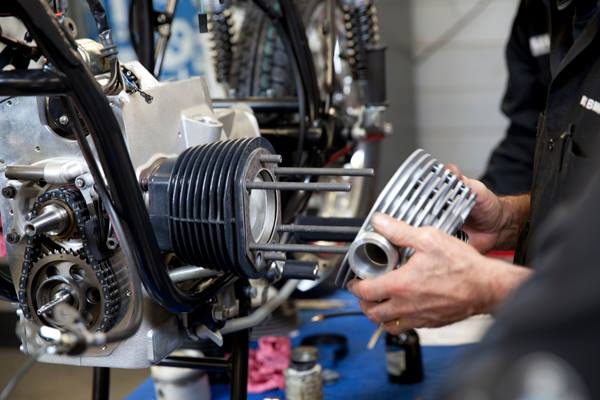



|
Tweet
Pin
It
|
A degree in the field of Thermal engineering helps the candidate to get in to a lucrative career in the area of thermodynamics or thermal control. Thermal engineers normally work as part of an engineering team, whether as independent consultants or as permanent members of an engineering/technical department. Thermal engineering can also be practiced by mechanical and chemical engineers.
Thermal engineers mainly work in the fields like: design of various types of heaters, from air and water line heaters to applications like freeze protection and temperature control; thermal analysis for optimizing use of power; heat-related safety studies; simulations and predictions.
Thermal engineers can find work in administrative and managerial positions in government departments or public and private sector industries. Those who have a passion for teaching can opt for a teaching profession in universities and engineering institutes. Yet another option is to do research in the respective field.
Thermal engineering principles are applied in many areas, including the electric power industry; the automobile industry; and the heating, ventilation, and air conditioning (HVAC) industry. The principles of Thermal engineering are also crucial to the operation of vehicles. Thermal engineering can also be applied in designing thermal control system, which in turn is used in spacecraft operation, cryogenic coolers, and so on. Hence thermal engineers are highly demanded in Avionics sector, Aerospace, Research and Development sector, and other related areas. Defense and railways require Thermal engineers to assist in maintenance and design of their machinery. Job prospects are immense for experienced hands abroad.
Thermal engineers have job opportunities in L & T, Thermax, BHEL, Ennore Thermal Power Plant, Nuclear Power Plant, Wind Power Mill, Off shore oil platforms and in Marine Field.
Find it Useful ? Help Others by Sharing Online
Comments and Discussions |
Related
Career Options
|
|||
|
|